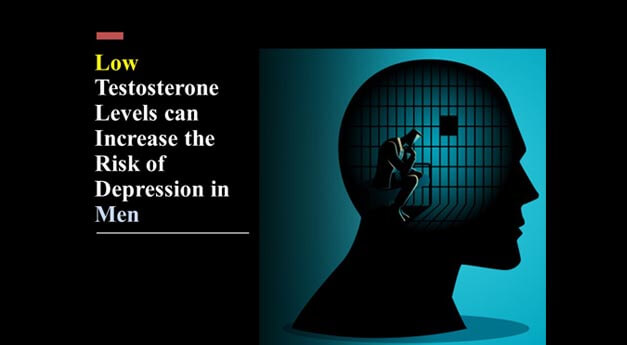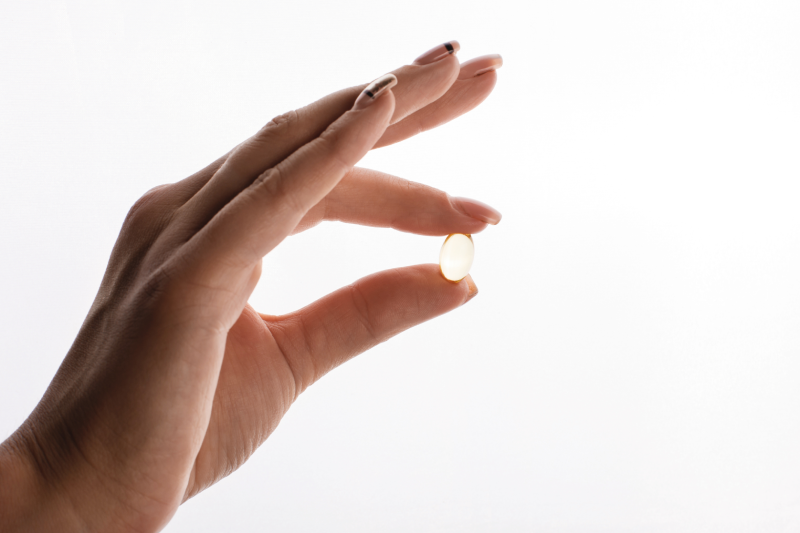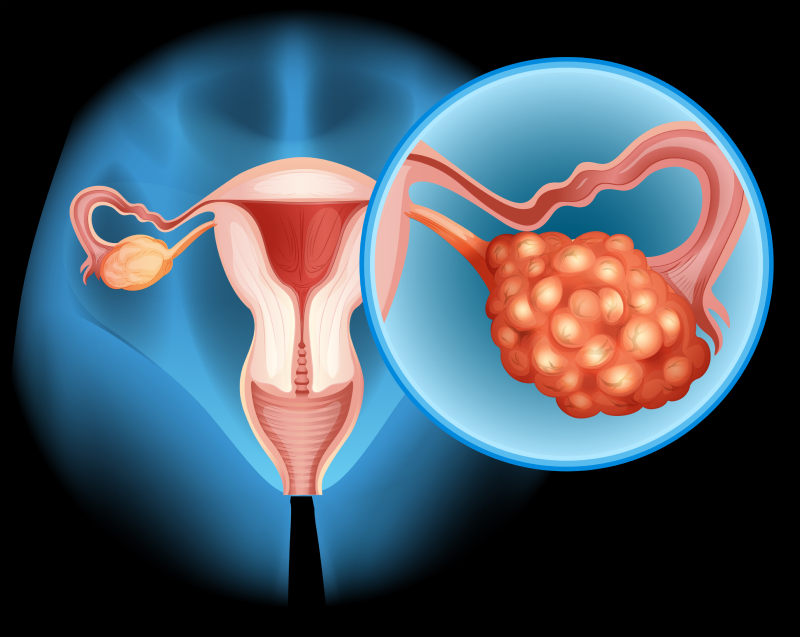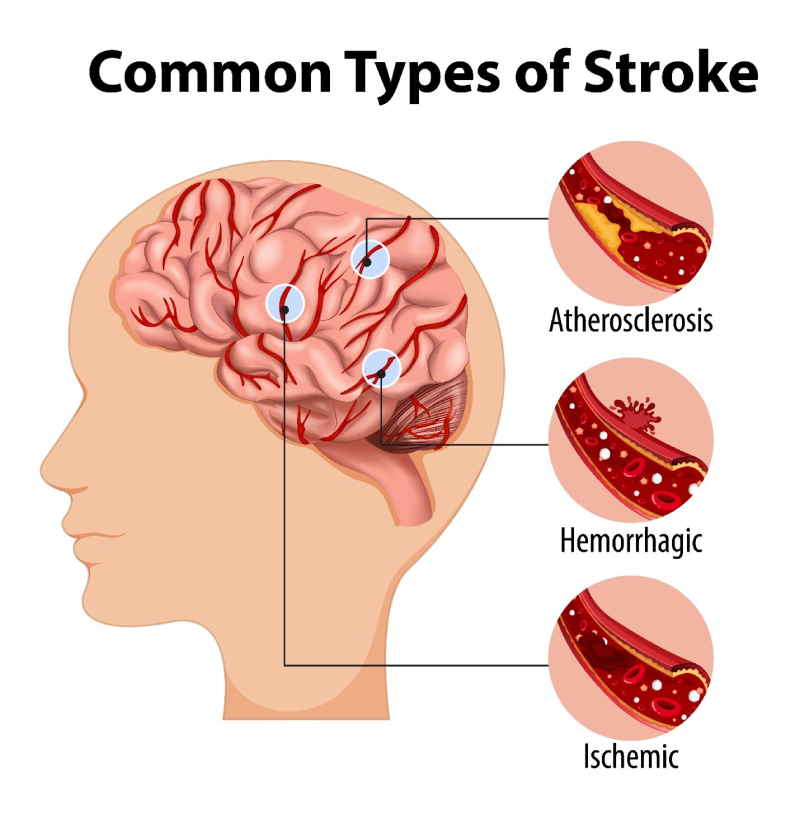Low testosterone and Depression

Livefit4ever,
Medically Reviewed by Dr. Rahul Reddy,
October 27, 2020

Low Testosterone levels: It has been found through several studies that low testosterone levels is a common finding in individuals who didn’t respond well to the treatment of depression by anti-depressants. Researchers say that psychiatrist miss a trick here. They usually don’t pay attention to the other symptoms related to low T levels – such as hypogonadism (swelling of breast in men). The symptoms of depression can be reversed in such patients if doctors pay attention to T levels.
What is a Testosterone?
Testosterone or Androgen is a male hormone. It basically contributes in muscle strength, muscle size and growth, sex drive, bone density, sperm production, testis and penis growth, growth of pubic hair, red blood cell production and male pattern body fat distribution.
“If you are losing muscularity, endurance, strength, bone density and agility with mood changes and low energy levels, then low testosterone levels are to be blamed” – says Dr. Rahul Reddy – a renowned Andrologist, sexologist and male infertility specialist from Hyderabad.
In an adult male with normal growth and development, testosterone levels peak during early puberty and adulthood; and then increase up to age 30. The levels tend to decline slowly after age 30 by approximately 1% or 2% yearly. This is a normal process of aging.
Normal levels of Testosterone
Low limit of testosterone in males – 300 nanograms per decilitre
Above 300 ng/dl is normal
Upper limit is – 1000 to 1200 ng/dl
Normal circulating Total testosterone (bound and unbound testosterone) Levels
325 to 1,000 ng/dL in men
25 to 90 ng/dL in women (approximately 10% of male)
Effects of low testosterone: Low levels of testosterone cause several physical and emotional symptoms including depression and mood swings. They even affect behaviour and personality in men.
Why testosterone levels get low in the body?
Low testosterone causes: High levels of iron in the blood; aging, depression, obesity, drug abuse, chronic illnesses – such as tuberculosis and HIV can lower testosterone levels. Trauma and testicular injuries can also lower the levels of Testosterone in the body.
Symptoms of Low Testosterone Levels in the body?
Low testosterone symptoms in men: The following are the most common low testosterone symptoms in men:
- Significant drop in sex drive (Lowered sex drive)
- Erectile dysfunction
- Low energy levels
- Tired feeling after little work
- Difficult to achieve erections and sustain those for long
- Difficulty in maintaining erections
- Low bone density (loss of bone density) and muscle mass and strength
- Weight gain
- Hair loss
- Hot flashes
- Reduced bone mass
- Reduction in testicle size
- Reduced interest in exercise and movement
- Increase in body fat
- Mood swings
- Loss of bone density may lead to ostomalacia, osteoporosis and the risk of bone fracture
- Increases the risk of diabetes and heart disease
- High cholesterol
- Anorexia
- Low-self esteem
- Low self-confidence
- Decreased assertiveness
- Increased submissiveness
- Decreased stress tolerance
- Thinning and drying of skin
- Asthenia (abnormal loss of overall strength)
- Reduced vigour
- Headaches
- Mild anaemia
- High Impulsivity
- Hostile Feeling
Your Depression Could be Related to Testosterone Deficiency
According to a new study by Molly M. Shores research team (the University of Washington in Seattle), low testosterone levels can cause clinical depression in older men. In fact, in their two-year long study, the researchers found that males with low testosterone were four times more likely to be diagnosed with clinical depression. The study got published in the Archives of General Psychiatry. Though some of the symptoms of low testosterone and depression are common, the link between the two conditions is unclear.
Diagnosing low testosterone and depression is a bit tricky as both the conditions share similar symptoms – such as mood swings, sadness, anxiety, irritability, memory problems, sleep problems, trouble concentrating and low sex drive. The symptoms like anxiety, memory and thinking problems and depression are normal signs of aging process. Therefore, andrologists exercise thorough due diligence while evaluating an individual presented with these symptoms.
For instance, there is a slight bit of difference between the symptoms of depression and low T levels. Individuals with clinical depression but with normal testosterone levels usually do not have reduced muscle mass, strength and breast swelling – which are linked to low T levels.
Therefore, those who experience any combination of the above symptoms should take an appointment with their doctor.
Diagnosis of Low Testosterone
An andrologist examines the patient, reviews symptoms and performs physical examination. To look for additional signs, the doctor may order blood tests and then confirms the diagnosis.
Many a times, low testosterone levels do not cause any symptoms, but the condition comes into picture only after physical examination and testing. For instance, a low bone density scan prompts doctors to go for T level test.
T tests may include total blood testosterone (both free and bound testosterone) and free testosterone levels. Based on the results of the reports, diagnosis is made.
Testosterone deficiency has also been linked to increased risk of Atherosclerosis (Coronary Artery Disease) in older men.
Learn More – “How To Boost Testosterone Naturally for Building Muscles”
Learn more about low testosterone treatment.






